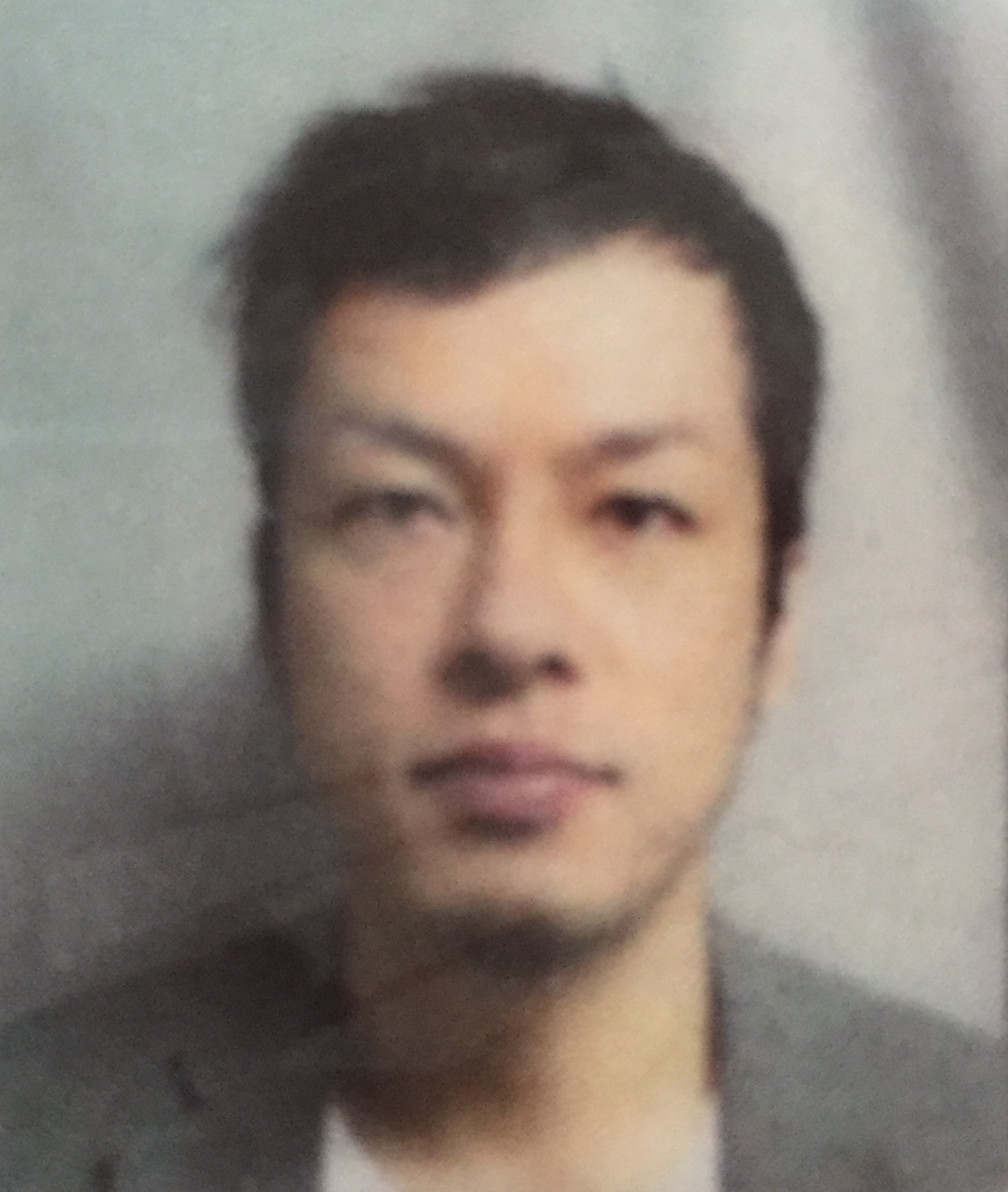Learn Japanese greeting phrases which are used in everyday life. The Japanese are taught the importance of the あいさつ Aisatsu or greetings from childhood. It is very important that you start your self-introduction with the correct and proper greeting.
10 basic Japanese greetings
1. Ohayō gozaimasu (おはようございます)
English:Good Morning
- formal・・・Ohayō gozaimasu
- informal・・・Ohayō
If you want to say good morning to another person, you can simply say the ohayōgozaimasu (おはようございます). It’s a formal way to greet someone so you would use it when saying hello to your boss in the morning. And ohayō (おはよう) is an informal way of greeting someone “Good morning”. You can simply say the ohayōgozaimasu or ohayō to sound more native.
2. Konnichiwa (こんにちわ)
English:Hello/Good afternoon
- formal and informal・・・Konnichiwa
こんにちは is “hello” in Japanese, but it’s not used as often as you would think. こんにちは is somewhat formal. You most commonly use it during the day time between 11am and 5pm. If ever you get invited to a Japanese home, please do remember that you should start greeting the family with the basic greetings like こんにちは.
3. Konbanwa (こんばんわ)
English:Hello/Good evening
- formal and informal・・・Konbanwa
If you want to say hello or greet someone good evening, you can use this polite word to almost anyone as this is considered the most common form. Between 5 PM and midnight, you can use konbanwa, which roughly translates to “good evening”, “konbanwa” sounds more formal, and most people don’t use it with their close acquaintances.
4. Oyasumi nasai (おやすみなさい)
English:Have a good rest/Good night
- formal・・・Oyasumi nasai
- informal・・・Oyasumi
If you want to greet someone with a parting phrase, then the most common Japanese expression to use is Oyasuminasai which means “have a good rest” or “go take a rest”, but is used to mean “good night.” Between friends and family, you would leave off the nasai that makes the phrase formal. Instead, say “おやすみ-!”. You can study Japanese with native Japanese here.
5. Sayōnara (さようなら)
English:Goodbye
- formal・・・Sayōnara
- informal・・・Baibai
After konnichiwa, this is the second-most well-known phrase. It simply means “Goodbye.”. Contrary to popular belief, sayōnara is not used that often. If you have watched a good number of animes and Japanese films, then you know that the most common poetic form of goodbye is さようなら. But, it actually is not the best way to say goodbye like a native speaker.
| Japanese | Pronunciation guide | Meaning |
|---|---|---|
| バイバイ | baibai | bye |
| じゃあね | jaane | goodbye |
| またね | mata ne | see you later |
| また明日 | mata ashita | see you tomorrow |
| また来週 | mata raishū | see you next week |
I’ve not used “sayōnara” for a long time.
Some people learning Japanese use these below, but don’t use them. So strange.
- では (dewa)
- ごきげんよう (gokigenyō)
- さらばだ (sarabada)
6. Ittekimasu & itterasshai (行ってきます, 行ってらしゃい)
English:I’ll go and come back./ Please go and come back.
- formal and informal・・・Ittekimasu/itterasshai
When learning Japanese for the first time, it’s a great idea to learn high frequency phrases commonly used in daily life in Japan.
| Japanese | Pronunciation guide | Meaning | When to use |
|---|---|---|---|
| いってきます | Ittekimasu | I’ll go now and will be back | When leaving the house |
| いってらっしゃい | Itterasshai | Please go and come back | Response when someone leaves the house |
Ittekimasu
The Japanese have greetings specifically for when someone leaves the house or office, usually before leaving the house for work or school, the person leaving will say this to the rest of the house to inform them of the person’s departure.
itterasshai
In response to that you would say “いってらっしゃい” which means something like “see you later”.
7. Tadaima & okaeri (ただいま, おかえり)
Similar to above, there are phrases for returning home or to the office.
English:I am home./ Welcome back.
- informal・・・Tadaima/Okaeri
When you return back to the house, use this phrase to say “ただいまー!(I’m home! or I’ve returned home!)”. This phrase is used in response to the person who has returned, meaning “おかえりー!(Welcome back!)”
| Japanese | Pronunciation guide | Meaning | When to use |
|---|---|---|---|
| ただいま | Tadaima | I am home | When you are back home |
| おかえり | Okaeri | Welcome back | Response when someone is back home |
- formal・・・Tadaima modorimashita/Okaerinasai
You can use “ただいまもどりました(Tadaima modorimashita)” at work, too, when you’ve left the office for a while and returned. You’ll be greeted in return with おかえりなさい (Okaerinasai) which literally means “You’ve returned” but translates better as “Welcome back.”
| Japanese | Pronunciation guide | Meaning | When to use |
|---|---|---|---|
| ただいまもどりました | Tadaima modorimashita | I am home (formal) | When you are back home |
| おかえりなさい | Okaerinasai | Welcome back | Response when someone is back home |
8. Moshi moshi (もしもし)
English:Hello
- formal and informal・・・Moshi moshi
Instead of normal “hello” phrases used face-to-face, this is the greeting used when answering the phone. When you say “hello” on the phone, you say もしもし with a raised inflection to say “Hello?” However, a more polite way to answer the phone today is “hai(はい)” followed by your name or your company and your name, when you are taking business calls.


Moshi moshi? (Hello?)


Moshi moshi!Kikoeru? (Hello! Can you here me?)
9. Otsukaresama desu (お疲れ様です)
English:Thanks for your hard work.
- formal・・・Otsukaresama desu
- informal・・・Otsukare
This is the most commonly used greeting in the workplace, meaning, “you must be tired” or “thanks for your hard work,”.
Otsukaresama desu(おつかれさまです) formal
When you see a boss doing their best, you can say this to show recognition.
Otsukaresama deshita(おつかれさまでした)formal
This is the past tense of the previous phrase, implying that work has been completed.
Otsukare(おつかれ) informal
This form of the phrase can be used as a means of encouragement. When you see a co-worker doing their best, you can say this to show recognition.
10. Irasshaimase (いらっしゃいませ)
English:Welcome
- formal・・・Irasshaimase
When you walk into a store in Japan, you’ll often be greeted with いらっしゃいませ!It means “welcome” to store guests. But, one of the first greetings you hear or see at the airport in Japan may be “yōkoso“, to mean “welcome.”. You basically hear “いらっしゃいませ!” in Japan.


Try to use these phrases to Native Japanese teachers with italki once.
\ Learn Japanese with a personal native teacher!/

Comments